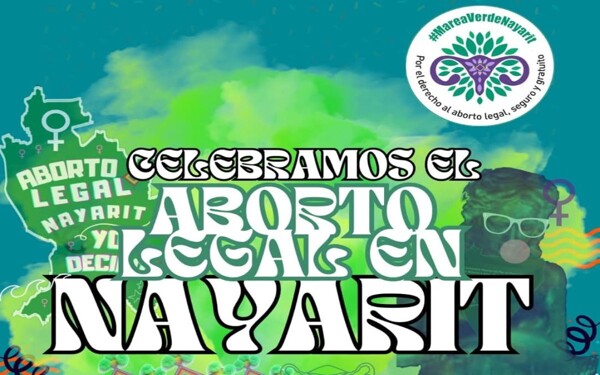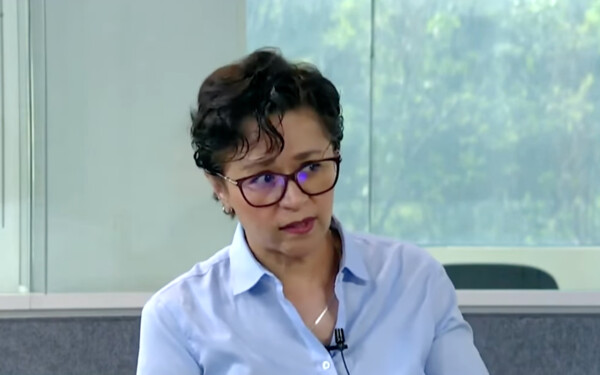The Faculty of Veterinary Medicine and Animal Husbandry (FMVZ) of UNAM, in collaboration with the ANETIF Foundation, will launch a diploma program aimed at executives in the TIF meat industry, with the goal of improving operational efficiency and competitiveness of companies by incorporating advances in meat science, animal welfare, food safety, and sustainability. The diploma ‘Science for the Meat Industry’ will start on March 12 and will run until the end of July 2025.
During this period, participants will acquire tools to implement sustainable processes, optimize waste management, and minimize the environmental impacts associated with production, while ensuring animal welfare and the quality and safety of food.
María Salud Rubio Lozano, an academic at FMVZ and academic coordinator of the diploma, emphasized that the training will also foster leadership in innovation within the industry, promoting compliance with international regulations and the adoption of strategies for sustainable and responsible growth.
The diploma consists of seven modules taught by national and international experts, seeking for participants to become aware of the raw materials they work with, their origin, the production process, and how to offer them to buyers. Furthermore, it promotes a sense of responsibility towards ethical and sustainable production.
Regarding the evolution of the meat industry, Rubio Lozano emphasized that it is marked by technological innovation, sustainability, and the evolution of consumer preferences. Nowadays, consumers demand healthier meat products, free of additives, and produced under ethical and sustainable standards. There is a growing interest in plant-based alternatives and novel proteins, which forces the industry to adapt and coexist with new technologies.
The incorporation of automation, the use of sensors to monitor quality, and data analysis through artificial intelligence are some of the innovations that optimize production and increase efficiency. Additionally, advances such as lab-grown meat and cellular agriculture are marking a disruptive change in the sector. Rubio Lozano believes that these changes represent both a challenge and an opportunity.
"Training is the bridge that connects the industry with the future, ensuring that it remains relevant and competitive in a changing global environment," she asserted. Obtaining a diploma from a recognized institution like UNAM not only enhances the professional profile of participants but also grants them greater prestige in the labor market. The diploma will also benefit the National University, consolidating its prestige as a trainer of innovative leaders focused on sustainable development.














